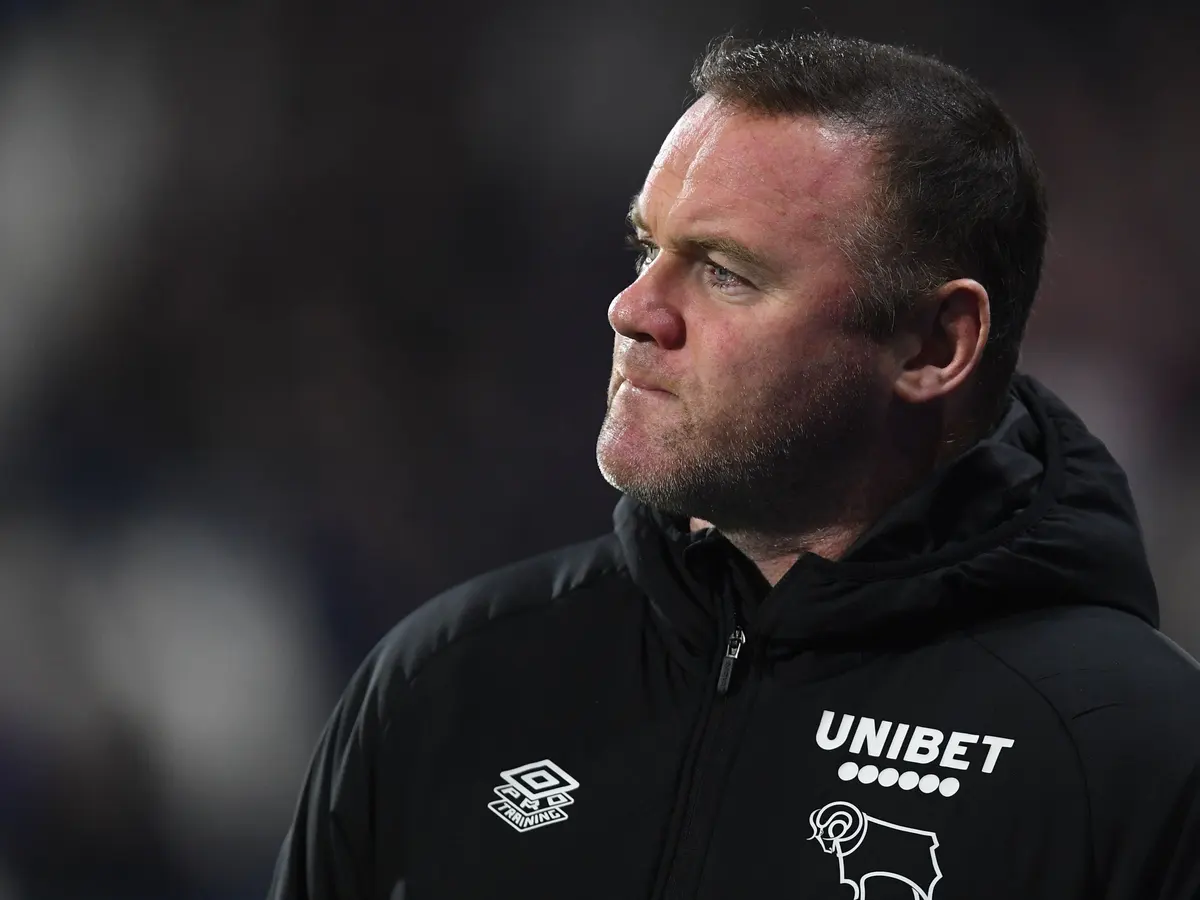Wayne Rooney has opened up about his alcohol abuse in the early stages of his football career, explaining it as a means of “release,” and revealing that he used to drink to the point of near unconsciousness.
In a recent podcast hosted by former rugby league legend and motor neurone disease (MND) activist Rob Burrow, the manager of Birmingham discussed the struggles he faced while dealing with the demands of fame.
Wayne Rooney’s early career saw him break into Everton’s senior team at 16, becoming an England international at 17, and making a move to Manchester United at 18. Nevertheless, he admitted that his heightened public profile had its downsides.
‘My release was alcohol when I was in my early 20s,” the 38-year-old told Burrow. “I’d go home, and spend a couple of days at home and not leave the house. I’d drink almost until I’d pass out.’
‘I didn’t want to be around people, because sometimes you feel embarrassed. Sometimes you feel like you’ve let people down and ultimately I didn’t know how else to deal with it.’
‘When you don’t take the help and guidance of others, you can be really in a low place, and I was for a few years with that. Thankfully, now I’m not afraid to go and speak to people about issues.’
Wayne Rooney, who recently made his way back to England following his managerial role in the United States, is the primary guest on the latest season of the BBC’s The Total Sport podcast.
In their podcast, titled “Seven: Rob Burrow,” former Leeds Rhinos legend Rob Burrow and his wife Lindsey conduct in-depth interviews with seven iconic athletes, posing seven thought-provoking questions to each guest.
His communication is facilitated through the use of AI technology and a computer-generated voice.
Rooney pointed out that Burrow’s approach to the disease had been a source of motivation for numerous individuals.
‘I know first hand the impact this (illness) can have on yourself and people around you,’ he said.
‘Everyone must change the way of living and I had that with my sister-in-law, who suffered not the same illness but something as severe.’
‘But your energy and positivity helps everyone else around you. I can see the money you have raised for charity and to help others — it’s really inspiring.’

